Rhythm + Taste
Welcome to Rhythm + Taste, our journal celebrating what we love most about life, wine, and the moments that bring people together. Learn More
Featured
A Slow Groove: Risotto, Pinot & the Rhythm of Reconnection
There's something ritualistic about making risotto — the gentle rhythm of stirring, the way time stretches just enough to let good wine and conversation unfold.
Read more
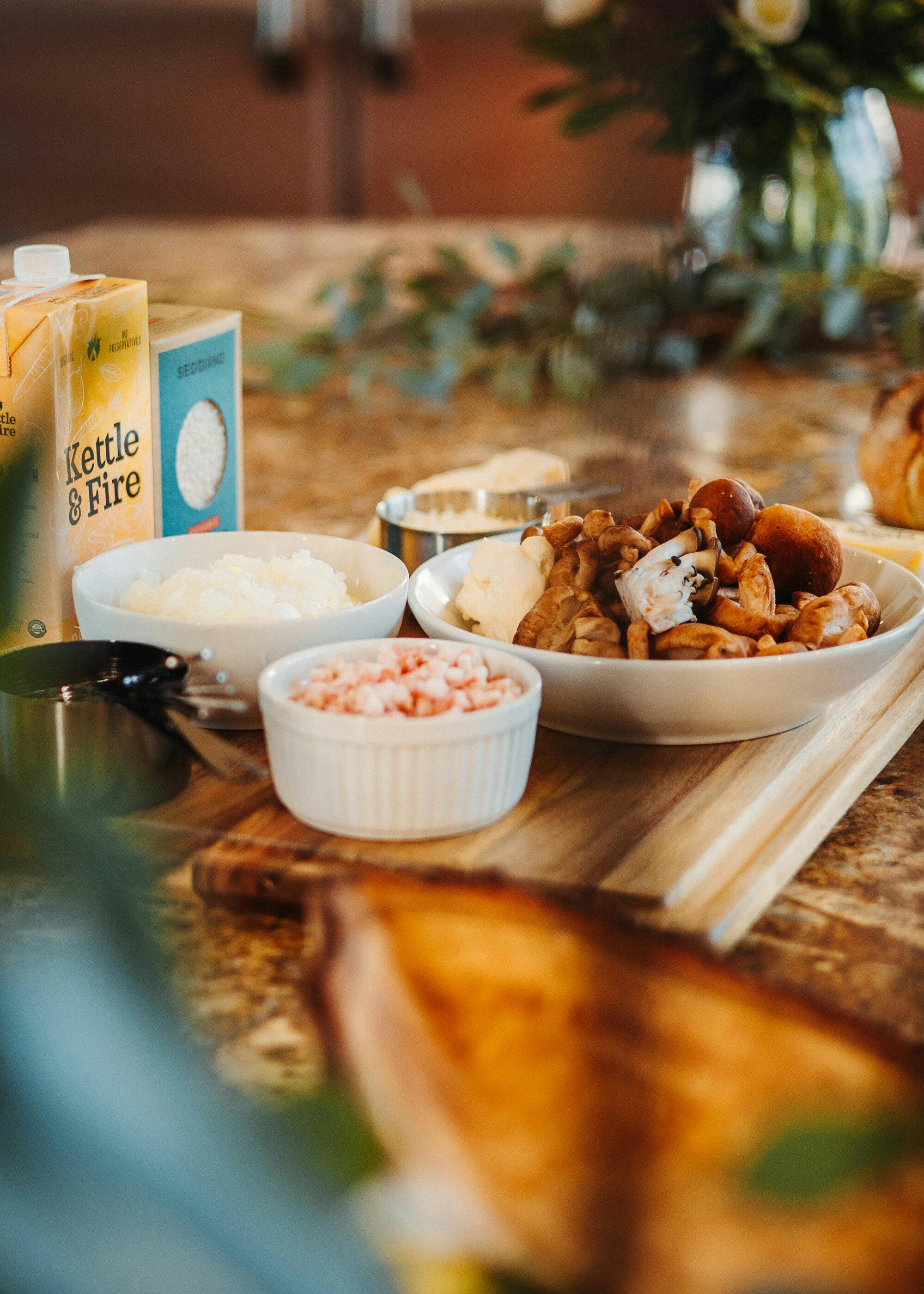
All Articles
A Slow Groove: Risotto, Pinot & the Rhythm of Reconnection

There's something ritualistic about making risotto — the gentle rhythm of stirring, the way time stretches just enough to let good wine and conversation unfold.
Read more
Grill & Groove: Flat iron Steak Tacos, Malbec & the Rhythm of Summer

There’s something great about a laid-back summer night — grill’s going, music’s on, and you’ve got just enough time to enjoy it all.
Read more
Braised Short Ribs with Rosemary & Garlic Petit Verdot Cool Jazz & Soulful Lounge Pairing
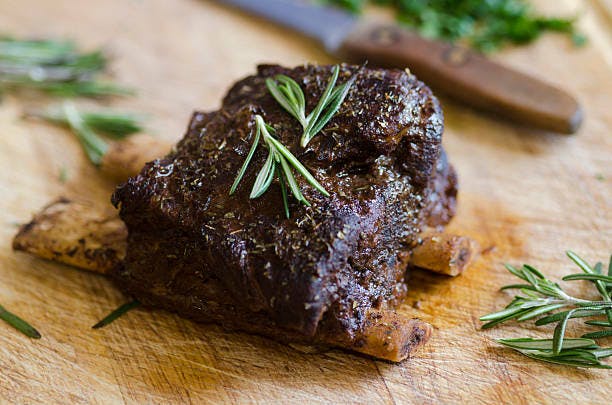
There’s something great about a laid-back autumn night, a cozy atmosphere, your favorite music on, and just enough time to enjoy it all.
Read more
IL Mostro Braised Short Ribs with Black Garlic & Pomegranate

There’s something special about a laid-back autumn night. The air is crisp, your favorite music is on, and there’s just enough time to truly relax and enjoy the moment.
Read more
Gnocchi with Basil Squash Sauce
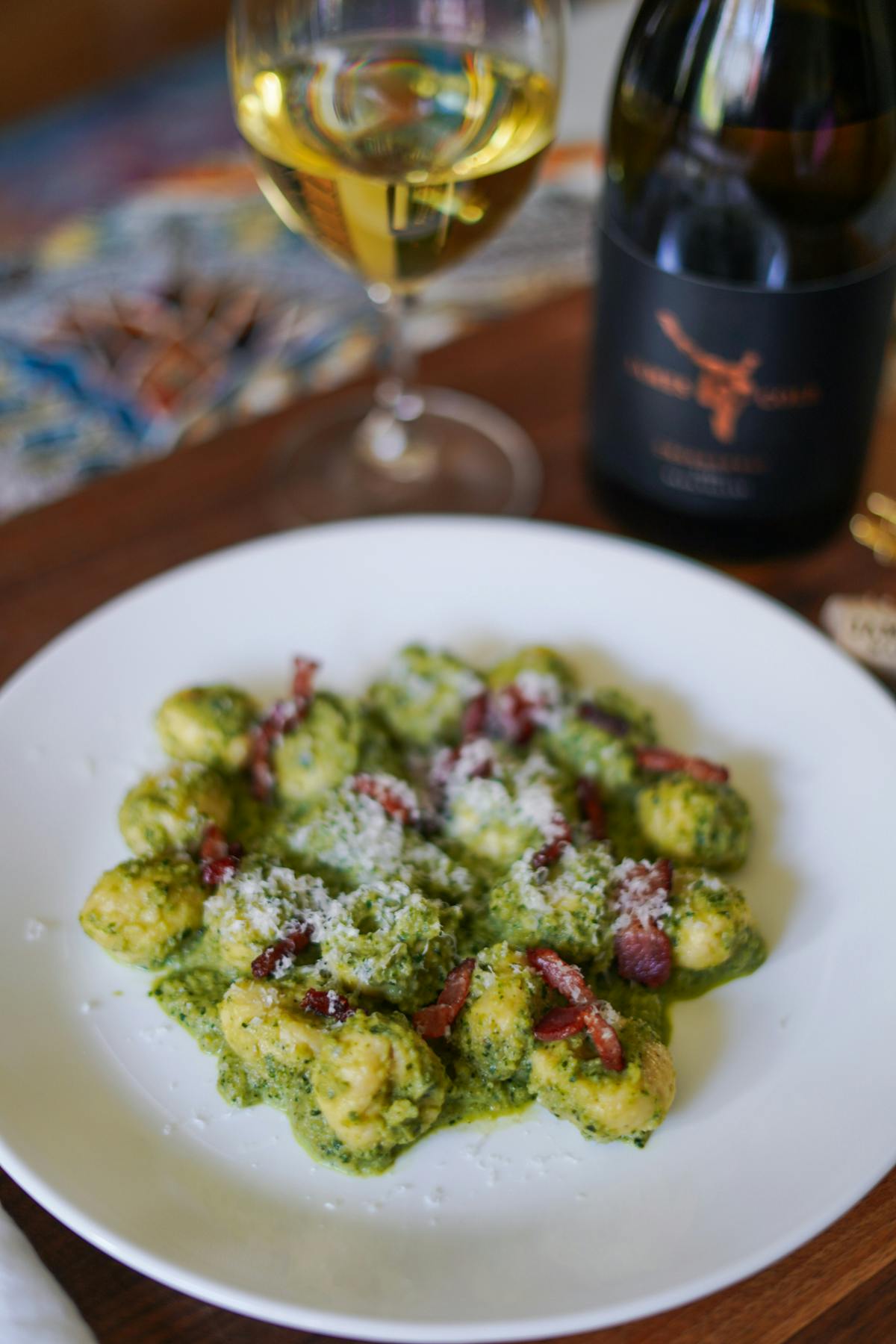
Our 2021 Chardonnay is the perfect complement to Gnocchi paired with a zesty Basil Squash Sauce and topped with savory bacon and parmesan.
Read more
Sweet Dreams Are Made Of Cheese (And Wine)
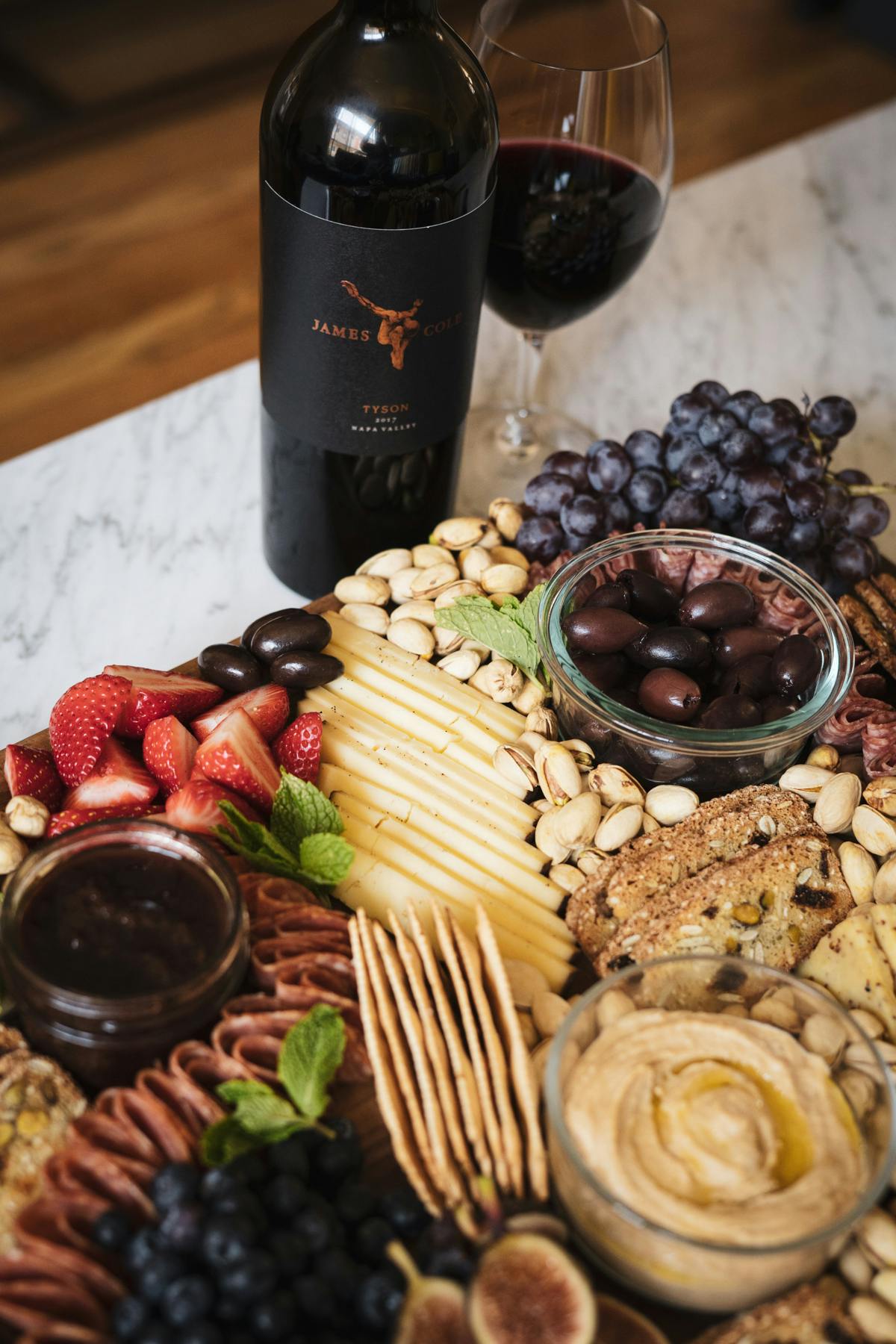
Follow our step-by-step guide below to create your own masterpiece cheese and charcuterie spread at home.
Read more
Za'atar Roasted Brassicas with Crispy Chickpeas
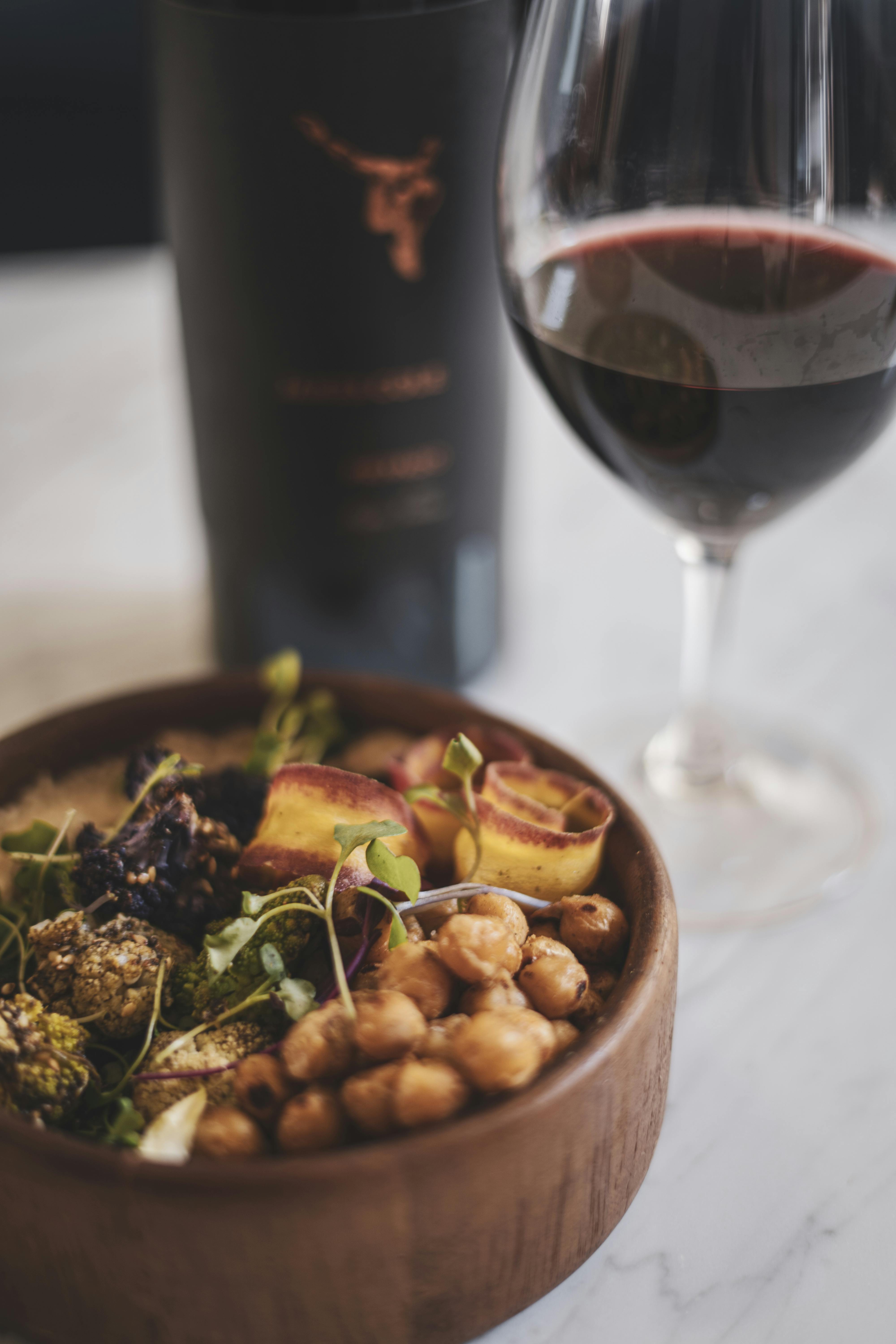
Served with a base of warm creamy hummus and topped with crispy chickpeas and fresh herbs, this is the vegan recipe you didn't know you needed.
Read more
Spicy Pork Wontons
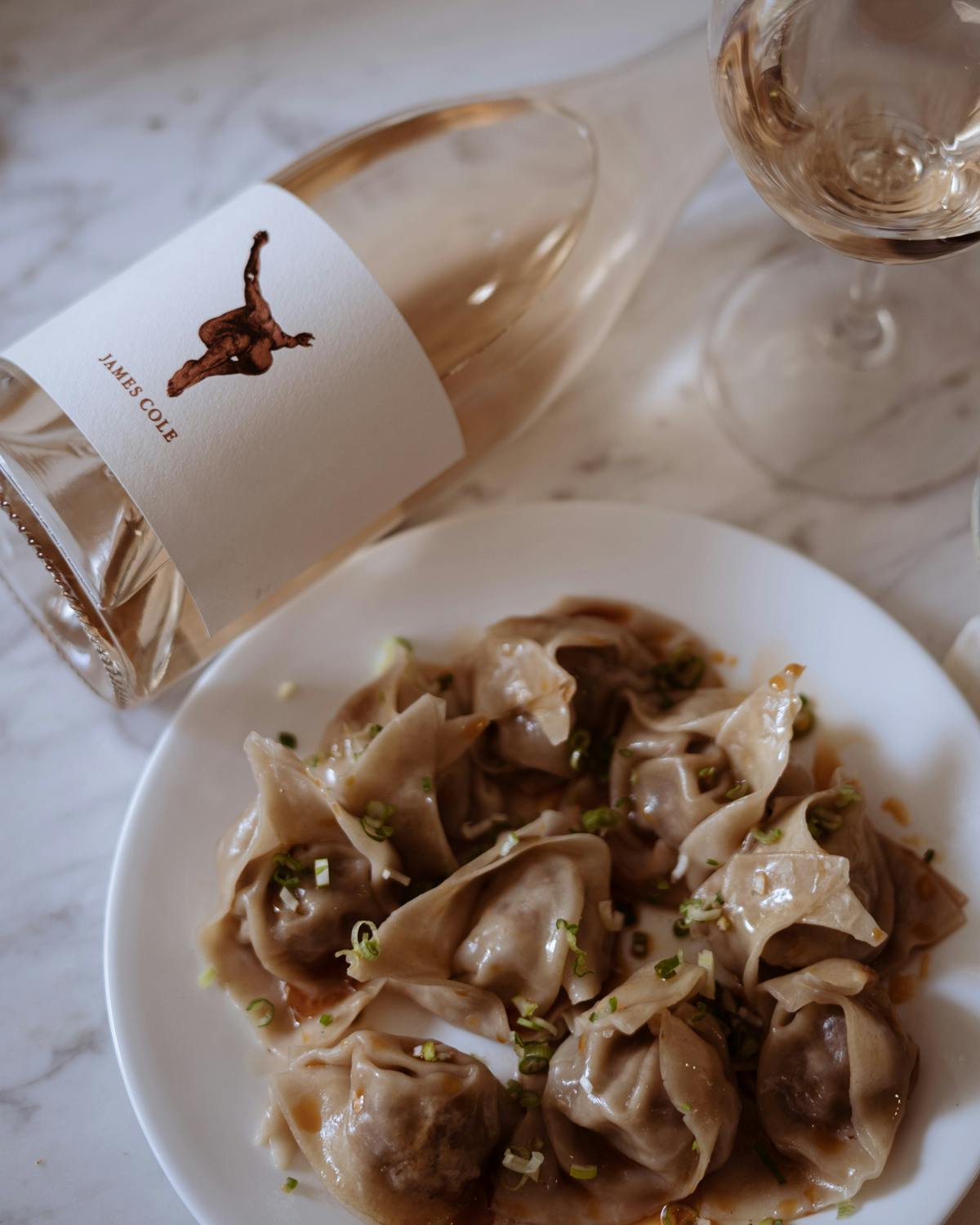
These delectable Spicy Pork Wontons, paired with our refreshing Rosé, offer a flavorful and satisfying culinary experience. Perfect for any occasion, this recipe is sure to impress.
Read more
Kofta B'siniya

When we began pondering the perfect pairing for our 2020 Night Red Wine, the first thing that came to mind was Kofta b'siniyah. A type of lamb meatball found in found in Middle Eastern and Asian cuisines, our favorite recipe comes from Yotam Ottolenghi's cookbook, Jerusalem.
Read more
Fig and Prosciutto Flatbread

Our 2020 Malbec is the perfect match for our Fig and Prosciutto Flatbread, which features delicately roasted figs, salty prosciutto, creamy goat cheese, caramelized onions, and balsamic glaze.
Read more
JOIN OUR MAILING LIST
Stay up to date on our latest releases, events and special offers.
